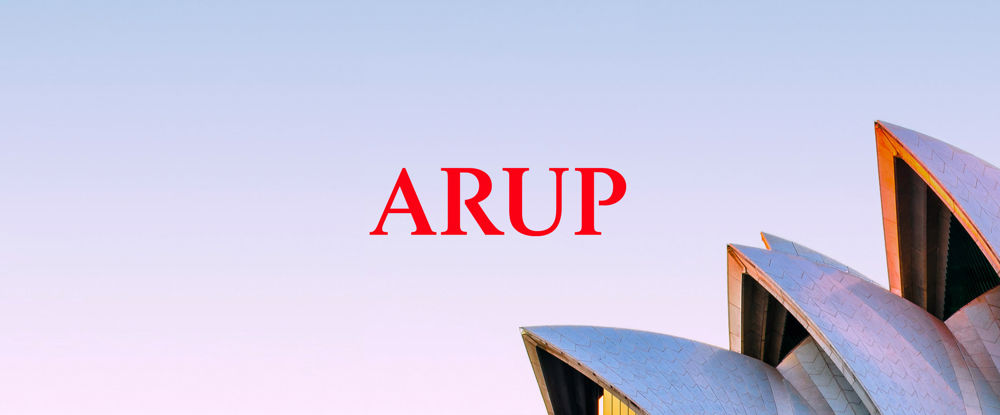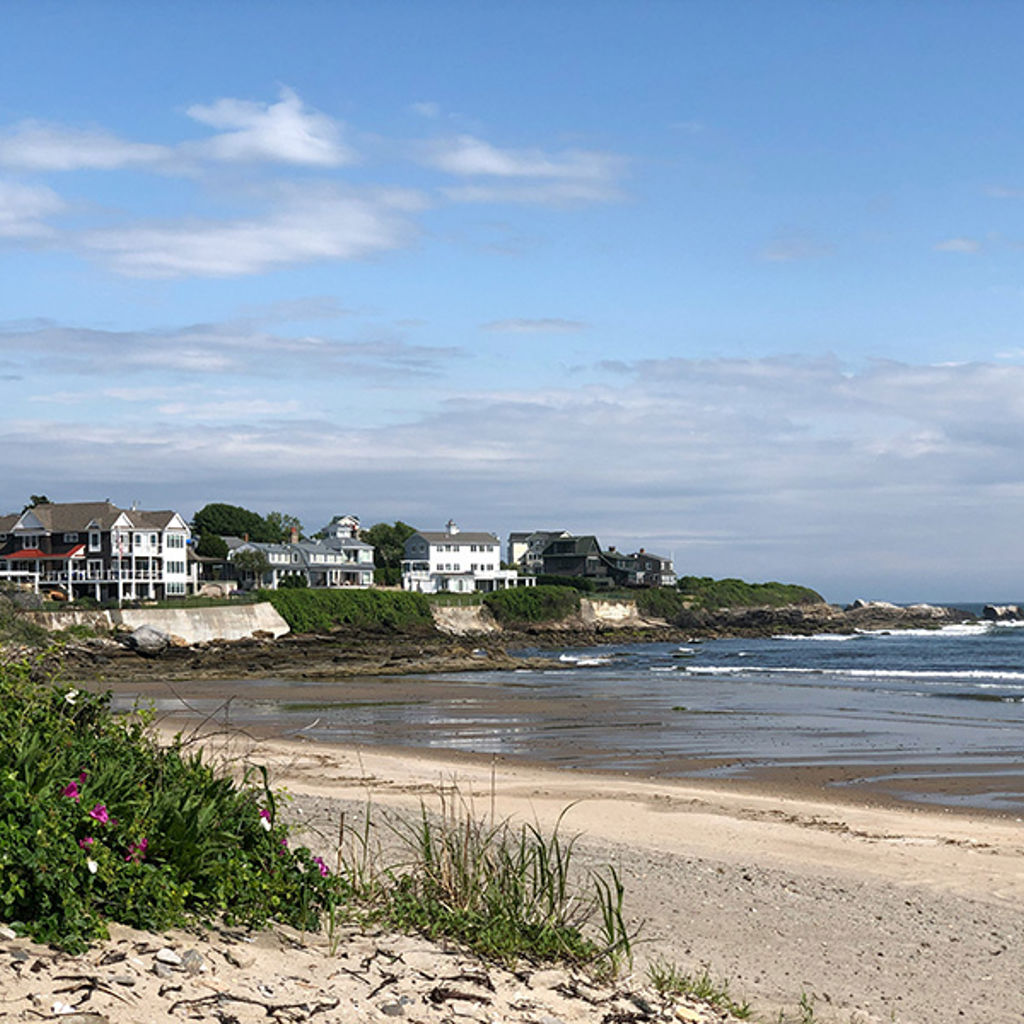A digital twin could be the solution to cleaning up one of the world’s most polluted rivers. Arup, in partnership with RiverRecycle, will develop a digital twin to garner critical insights to mitigate plastic pollution of the Pasig River, in the Philippines.
Running through the country’s capital city of Manila and connecting Laguna de Bay to Manila Bay, this major waterway has served as a critical route for transport and trade in the city’s history. Today, the severe pollution of the Pasig River is recognised as a critical challenge for Manila’s residents, as well as in a broader global context.
The challenge set by the Asian Development Bank (ADB) focusses on the Pasig River as one of the world’s most urgent marine pollution sources, thought to contribute over six per cent of global plastic waste flowing into the oceans.
Dr Serryn Eagleson, Arup’s Australia Digital Advisory Lead said: “Arup is excited to harness our digital expertise to address this critical problem. Through this project we are collaborating with governments, planners, and community leaders to translate complex data into actionable insights to inform the removal of plastic from the Pasig River."
“The digital twin will integrate data from many sources including satellites, surveys and government agencies. This data will be connected with weather models to account for the unique tidal and rainfall patterns that influence the flow of water and plastic through the Pasig River. This comprehensive approach will enable spatial mapping of the plastic and inform understanding and clean-up of the Pasig River’s plastic pollution.”
RiverRecycle’s CEO and founder, Anssi Mikola said: “At RiverRecycle, our mission is to stop plastic from reaching the ocean by addressing the problem where it starts. Partnering with Arup and ADB to develop a digital twin of the Pasig River is a significant step forward. This use of technology will help us better understand how plastic flows through the river, so we can design smarter, more effective clean-up strategies, prevent future pollution, and work closely with local communities to make lasting change.”
Cai Li, Head of ADB-Korea Climate Technology Hub (K-Hub), and Advisor of Climate Change and Sustainable Development, ADB said: “The Manila Pasig River digital twin is crucial to drive the planning and interventions of the Pasig River rejuvenation, a flagship initiative of the Philippine government and ADB, with data and science; engage a diverse range of stakeholders; and mobilize financing from both public and private sectors."
The Pasig River digital twin project demonstrates how Arup is leveraging its digital capabilities and expertise to shape a better world, true to its purpose.
David Moran, Arup’s APAC Digital Services Lead said: “Arup is focussed on using our skills and scale to tackle some of the biggest challenges in the world. Applying our digital technologies and innovations on problems like the pollution of the Pasig River will go a long way to creating more liveable and resilient communities, not only in the Philippines but globally.”





